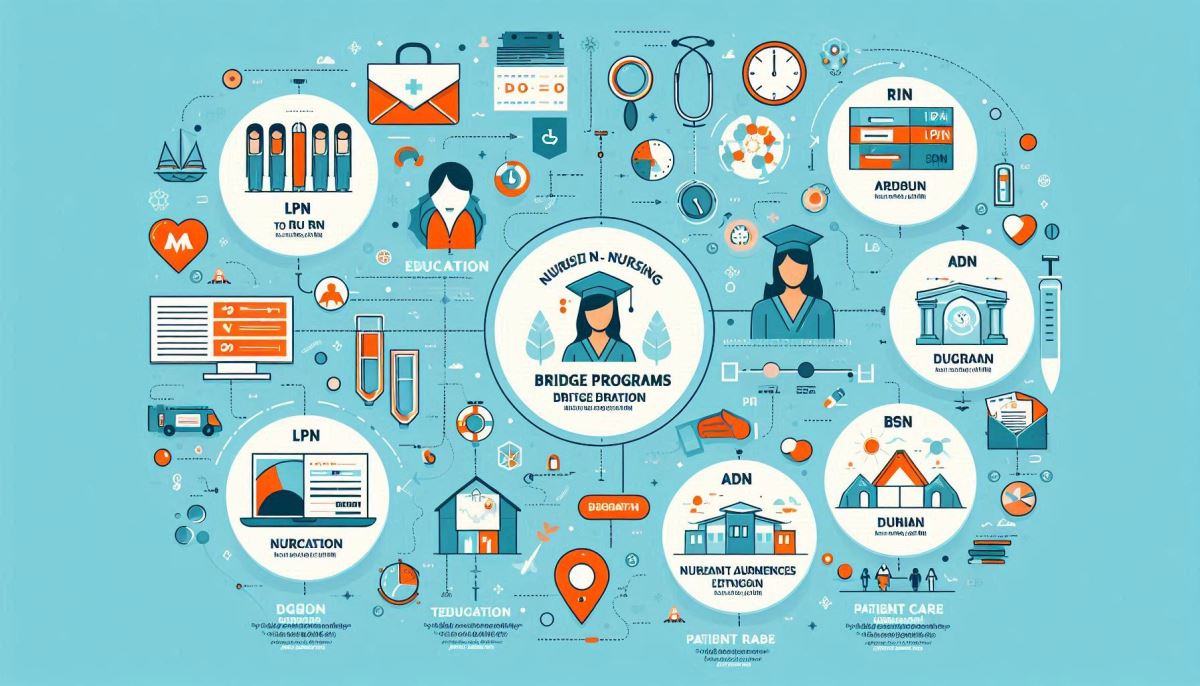Introduction to BSc Nursing
A Bachelor of Science in Nursing (Requirements for BSc Nursing) is a prestigious undergraduate degree aimed at preparing students for a rewarding career in healthcare. It equips aspiring nurses with the essential skills, knowledge, and competencies required to provide effective patient care. In this article, we’ll explore the prerequisites for enrolling in a BSc Nursing program, including age requirements, fee structures, the curriculum, and the competitive exams necessary for securing a job in the nursing field. Information available as par ANA.
Requirements for BSc Nursing in India
Pursuing a Bachelor of Science in Nursing (BSc Nursing) in India involves meeting specific eligibility criteria and following a structured admission process. Here’s a detailed overview of the requirements:
1. Educational Qualifications Requirements for BSc Nursing
- Minimum Qualification: Candidates must have completed their 10+2 education (or equivalent) with a focus on science subjects.
- Subjects Required: The core subjects should include Physics, Chemistry, and Biology. Some institutions may also consider English as a mandatory subject.
- Minimum Percentage: Generally, candidates need a minimum aggregate of around 50% to 60% in the qualifying examination, though this may vary by institution.
2. Age Requirements for BSc Nursing
- Minimum Age: Candidates must be at least 17 years old on or before December 31 of the year of admission. Some colleges may accept students who turn 17 shortly after the admission process begins.
- Maximum Age: While there is typically no upper age limit, some institutions may have specific age restrictions.
3. Entrance Exams
Many nursing colleges and universities in India conduct entrance exams for admission into BSc Nursing programs. The exams may vary by institution, but common ones include:
- NEET (National Eligibility cum Entrance Test): In some states, NEET is the common entrance test for nursing programs.
- Institution-Specific Exams: Many colleges conduct their own entrance exams. Candidates should check the specific requirements of the institutions they are interested in.
4. Application Process
- Form Submission: Candidates need to fill out application forms for the respective colleges or universities they wish to apply to, often available online.
- Documents Required: Typically, candidates must submit:
- Mark sheets of 10th and 12th grades
- Transfer certificate
- Caste certificate (if applicable)
- Passport-sized photographs
- Any other documents specified by the institution
5. Fee Structure
- Tuition Fees: The fees for BSc Nursing programs in India can range from ₹30,000 to ₹2,00,000 per year, depending on whether the institution is government or private.
- Additional Costs: Students should also budget for uniforms, books, clinical supplies, and other expenses, which can add significantly to the total cost.
6. Duration of the Course
The BSc Nursing program in India typically lasts for four years, encompassing both theoretical coursework and practical training.
The path to a BSc Nursing degree in India is clearly defined, with specific educational, age, and examination requirements. Aspiring nursing students should prepare diligently for entrance exams and ensure they meet all eligibility criteria for their chosen institutions. With the right preparation and dedication, a BSc Nursing degree can lead to a fulfilling career in healthcare.
BSc Nursing Curriculum: Semester-Wise Breakdown
The BSc Nursing curriculum is designed to provide a comprehensive education in nursing theory and practice. The program typically spans four years and covers the following key areas:
First Year
Semester 1
- Fundamentals of Nursing
- Human Anatomy and Physiology
- Microbiology
- Nutrition and Dietetics
- Psychology
- English
Semester 2
- Basic Nursing Skills
- Pharmacology
- Sociology
- Health Assessment
- Community Health Nursing I
- Introduction to Computer Applications
Second Year
Semester 3
- Medical-Surgical Nursing I
- Mental Health Nursing
- Pathology
- Pharmacology II
- Community Health Nursing II
- Nursing Research and Statistics
Semester 4
- Medical-Surgical Nursing II
- Pediatric Nursing
- Obstetric and Gynecological Nursing
- Nursing Management
- Community Health Nursing III
- Professional Trends and Issues in Nursing
Third Year
Semester 5
- Medical-Surgical Nursing III
- Advanced Nursing Practice
- Clinical Nursing Education
- Gerontological Nursing
- Nursing Informatics
Semester 6
- Nursing Leadership and Management
- Evidence-Based Nursing Practice
- Advanced Community Health Nursing
- Clinical Practicum
- Elective (e.g., Critical Care Nursing, Cardiac Nursing, etc.)
Fourth Year
Semester 7
- Research Project/Dissertation
- Internship/Clinical Rotation
- Specialization in chosen field (e.g., Critical Care, Pediatric, Psychiatric Nursing)
- Advanced Concepts in Nursing Practice
Semester 8
- Comprehensive Examination
- Internship/Clinical Rotation
- Elective Subjects
- Preparation for Licensure Examination
The BSc Nursing curriculum is designed to provide students with a solid foundation in nursing theory and practice, equipping them with the skills necessary to excel in various healthcare settings. Students gain both theoretical knowledge and practical experience, preparing them for licensure examinations and their future nursing careers. Always check specific university guidelines for any variations in course offerings or requirements.
Competitive Exams for Nursing Jobs After BSc Nursing
After completing a Bachelor of Science in Nursing (BSc Nursing) in India, graduates typically need to pass certain competitive exams to secure jobs in various healthcare settings. Here’s an overview of the key exams and the experience often required for nursing positions:
1. Nursing Licensure Examination
- Staff Nurse Examination: Most states in India require candidates to pass a Staff Nurse Examination conducted by the respective state nursing council or healthcare department. This exam assesses the candidate’s nursing knowledge and skills.
2. Government Recruitment Exams
- Public Sector Jobs: For nursing positions in government hospitals and health services, candidates may need to clear competitive exams conducted by bodies like:
- Staff Selection Commission (SSC)
- State Public Service Commissions (PSC)
These exams often include a written test followed by an interview.
3. National Eligibility Test (NET)
- Nursing NET: Some institutions require candidates to pass the Nursing National Eligibility Test (NET) for advanced roles, especially if pursuing a Master’s degree in Nursing or teaching positions in nursing colleges.
4. Entrance Exams for Higher Studies
- Many graduates choose to pursue higher studies (like M.Sc Nursing or specialized courses), for which they may need to take entrance exams specific to those programs.
Experience Required for Nursing Jobs
Entry-Level Positions
- Fresh Graduates: Most entry-level nursing positions, such as staff nurse roles in hospitals or clinics, do not require prior experience. Fresh graduates can apply directly after obtaining their degree and passing the licensure examination.
Advanced Positions
- Specialized Roles: For more specialized roles, such as nurse practitioners, clinical nurse specialists, or positions in critical care, some hospitals may prefer candidates with 1-2 years of relevant experience.
- Teaching Positions: If a graduate aspires to teach in nursing colleges, a Master’s degree in Nursing and teaching experience (typically 1-2 years in a clinical setting) is often required.
Conclusion After completing BSc Nursing, graduates have various pathways to explore, including licensure exams and competitive recruitment processes for government jobs. While fresh graduates can secure entry-level positions, gaining experience can enhance job prospects and open doors to specialized roles in nursing. Staying updated on the specific requirements of the desired position and continuing education can significantly benefit career advancement in nursing.




